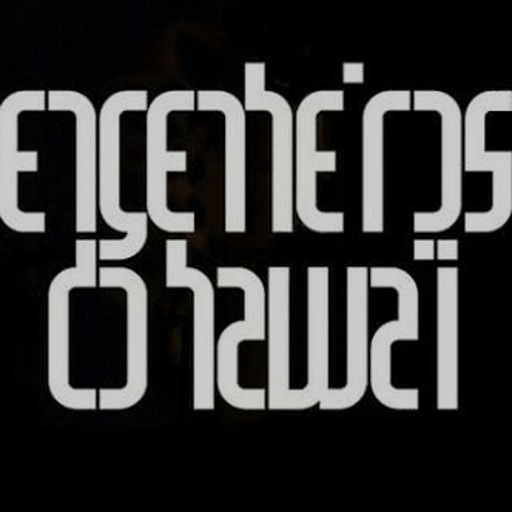
The following album, Ouça o Que eu Digo: Não Ouça Ninguém ( Listen to Me: Don't Listen to Anyone) of 1988 can be seen as a natural succession from the previous one, due both to the album coverwork and the theme and style of its songs. By this time they had begun to play gigs to greater audiences in the center of the country, like the Alternativa Nativa festival, between 14 and 17 June 1987.įrom this date, the Engenheiros filled halls and stadia all over Brazil. It brought the hits "Infinita Highway" ( Infinite Highway ), "Terra de Gigantes" ( Giants' Land ), "Refrão de Bolero" ( Bolero Chorus ) and the title track, divided in two parts. The band changed their sound, turning to a more Bob Dylan -ish, folk mood, with critical lyrics with literature quotes from philosophers such as Albert Camus and Jean-Paul Sartre. With Gessinger assuming the bass the Engenheiros released the album A Revolta dos Dândis ( Rise of the Dandies ) in 1987. In his place was recruited the guitarist Augusto Licks, who had worked with Nei Lisboa, a known local musician.

It includes the songs "Toda Forma de Poder" ( Every Form of Power ) and "Sopa de Letrinhas" ( Alphabet Soup ).īefore they got around to recording the second album, Marcelo Pitz left the band. The record's musical direction pointed towards a more New Wave sound, very close to the sound of bands like The Police and Paralamas do Sucesso.
ENGENHEIROS DO HAWAII POSE ACUSTICO MTV SERIES
That performance brought invitations to do new shows and after some gigs in alternative venues in Porto Alegre and a series along Rio Grande do Sul ' s country region, the Engenheiros do Hawaii recorded their first solo album: Longe Demais das Capitais ( Too Far Away from the Capitals ) in 1986 (the first recording was a compilation with several local bands, called "Rock Grande do Sul" in 1986).

Three architecture college students from UFRGS, Humberto Gessinger (vocal and guitar), Carlos Maltz (drums) and Marcelo Pitz (bass) decided to form a band for a show in a college festival.


 0 kommentar(er)
0 kommentar(er)
